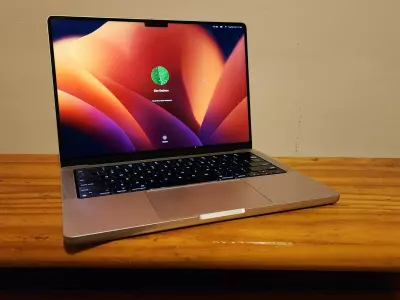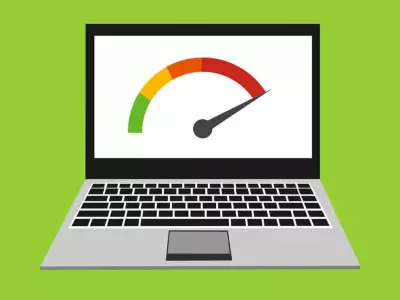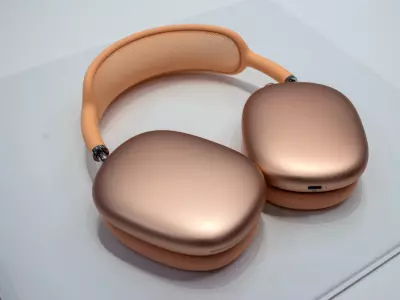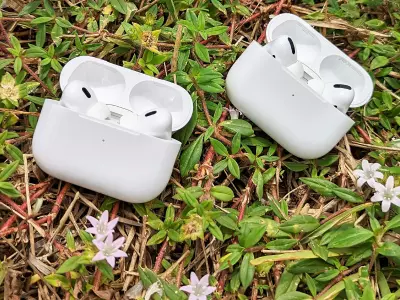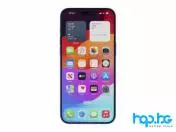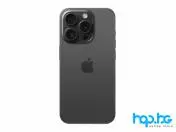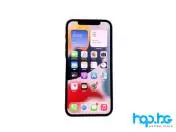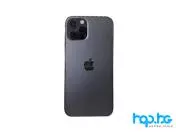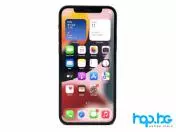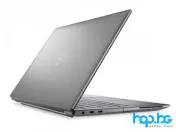The battery dramas are over with iOS 18 and later.
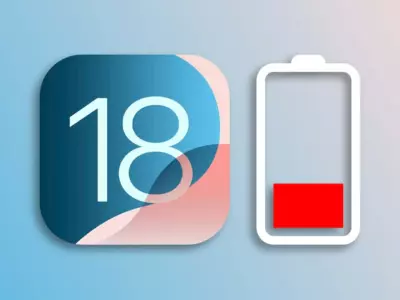
Replacing an iPhone battery is one of the most common hardware services performed worldwide. Whether due to aging, damage, or the search for better performance, more and more users are turning to battery replacement — often outside of Apple’s official network. Until recently, however, this led to numerous restrictions and “uncertified battery” messages. The good news is that with the latest iOS 18 updates, Apple is finally changing its approach. In this article, we’ll tell you what’s changed, what the risks are, and why this new feature is important for every iPhone user.
1. How does the iPhone battery check system work?
Apple has implemented a special battery identification system since the iPhone XS, XR, and newer models. Each original battery contains a microchip that communicates with the iPhone and allows the system to recognize whether the battery is original or not. If there is a deviation, the phone displays a warning and restricts access to some data in the Battery Health & Charging menu.
2. What changed with iOS 18?
With iOS 18, and especially with iOS 18.1, Apple is taking a more flexible approach. While the "Unable to verify this iPhone has a genuine Apple battery" message will still be visible for batteries replaced outside of official service centers, users now have access to more detailed information about the battery's health.
New features include:
Maximum battery capacity.
Performance status (whether the device is limited due to the condition of the battery).
Recommendation when it's time to replace the battery.
This change provides more transparency for users, regardless of whether the battery was replaced at an authorized service center or not.
3. What are the risks of non-genuine batteries?
While iOS 18 improves control over information, the use of non-genuine or low-quality batteries poses real risks:
3.1. Safety:
Overheating.
Battery swelling.
Potential fire risk.
3.2. Performance:
Incorrect battery reading.
Sudden shutdown of the phone.
Instability during operation.
3.3. Service history:
iPhone records this replacement in Parts & Service History.
This information may be important in future repairs or when selling the device.
4. What remains unchanged?
The unverified battery warning continues to appear for all unauthorized components. Only Apple and authorized service providers can perform the so-called software pairing (provisioning) to remove this notification.
5. Why does Apple use these checks?
Apple argues that these measures are aimed at ensuring user safety, protecting devices from damage, and maintaining optimal iPhone performance. On the other hand, many users and advocates of the right to repair see this as a limitation of choice and a compulsion to use only authorized service providers.
Finally, we can summarize that with the iOS 18 updates, Apple is taking a small but important step towards greater transparency in battery management — even when it is replaced with a non-original one. However, the risks of cheap and low-quality batteries remain.
For iPhone users, the choice is clear. If you want 100% compatibility and security — look for an official service. In case you prefer a more affordable solution — trust a proven service with quality parts.
At Hop.bg, we always recommend the use of quality batteries and professional installation to guarantee a long life and security of your device. In the meantime, on our website you can view all available offers for refurbished equipment at affordable prices. Visit our stores in Sofia, Plovdiv, Pleven, Varna and Ruse and see for yourself the quality of the wide variety of products we offer.
Previous post Next postLast publications
Last publications
SmartphoneApple iPhone 15 Pro 128GB Black Titanium
- Refurbished
- Leasing
- Fast delivery
664.17 € / 1299.00 BGN
559.00 € / 1093.31 BGN
SmartphoneApple iPhone 12 Pro 256GB Graphite
- Refurbished
- Leasing
- Fast delivery
331.83 € / 649.00 BGN
305.00 € / 596.53 BGN
SmartphoneApple iPhone 12 64GB Black
- Refurbished
- Leasing
- Fast delivery
250.02 € / 489.00 BGN
215.00 € / 420.50 BGN
TabletApple iPad 9.7 5th Gen A1822 (2017) 32GB Wi-Fi Space Gray
- Refurbished
- Leasing
- Fast delivery
122.20 € / 239.00 BGN
75.00 € / 146.69 BGN
Mobile WorkstationDell Precision 5480, i7-13800H, 32GB, 512GB SSD, 14" IPS WQXGA 2560x1600, Nvidia RTX 2000
- Refurbished
- Leasing
- Fast delivery
1319.00 € / 2579.74 BGN
1187.00 € / 2321.57 BGN


